
A four-year research project dubbed: the Beyond Zero Harm (BZH) Research Project (2017-2021) -- has been launched in Accra.
The BZH project, which is being undertaken in three West African countries-- Burkina Faso, Ghana and Guinea--aims to address gaps in the collection of consistent and meaningful data on community well-being in locations where mining companies operate.
The project also aims to test and potentially scale-up the use of the BZH Framework-- which was developed by a working group of the Devonshire Initiative-- as a tool to involve stakeholders in mining regions in a dialogue on sustainable development.
Specifically the BZH project is designed to target three communities in the project regions, namely Bagassi, Bale Province in Burkina Faso, Bondaye, Prestea Huni Vally District in Ghana and Sangaredi in the Boke Department in Guinea.
It is being implemented through a partnership between the West Africa Governance and Economic Sustainability in Extractive Areas (WAGES) Project and the African Centre for Economic Transformation (ACET), with funding from Canada's International Development Research Centre.
In collaboration with key local stakeholders and communities, ACET is mobilizing a lead researcher and three country researchers, while WAGES will leverage the support of its field and technical teams to implement the project.
In an address at the opening of a workshop to launch the BZH project, Geoffroy Groleau, Project Director, WAGES, said the workshop aimed to introduce project partners; introduce the BZH Framework to workshop participants; present the objectives, approach and key research questions of the BZH Research Project; present country and BZH target community context; and explain and discuss the relevance of a participatory development approach in extractive areas.
In other words, Mr Groleau said, the launch workshop was designed ensure a common understanding of the BZH Frame work among key WAGES staff and ACET's team; design the technical implementation approach of the project across the three targeted areas (based on the material developed by the Devonshire Initiative); prepare a draft work plan for the project in each country; and to officially launch the BZH Research Project externally.
On the WAGES Project, he disclosed that Global Affairs Canada (GAC) was funding the six-year project (2016 to 2022) which was being implemented through a partnership between World University Service of Canada (WUSC) and the Centre for International Studies and Co-operation (CECI).
He said the objective of the WAGES Project was to break the vicious cycle where local people, especially women and the youth, were excluded from the benefits of mining investments.
Mr Groleau noted that rather than experiencing sustainable development from mining investments, the considerable wealth of the subsoil of many African countries benefitted only a small minority of the population and a handful of large companies, while the vast majority of the population continued to live in poverty, without access to basic social services or gainful employment--a situation referred to as "Resource Curse"
He attributed the resource curse to a combination of factors such as poor governance, corruption, inequality and exclusion, and, sometimes, armed conflict which particularly affected marginalized populations-- women and the youth.
Mr Groleau said the WAGES Project was, therefore, an intervention that would help ensure that revenues from mining investments were adequately managed to stimulate economic diversification and for national and local governments to better respond to the socio-economic needs of their populations.
In a presentation, Mr Marcel Yanogo, Regional Monitoring, Evaluation & Learning Specialist, WAGES Project, said the BZH Research Project was being implemented in parallel and in the same countries where the WAGES project operated.
Other speakers at the workshop included Sarah-Jane Danchie, Lead Researcher, Florencio Cebballos, Senior Program Specialist, International Development Research Centre of Canada and Macella Randanzzo, Monitoring, Evaluation &, Learning Advisor, World University Services of Canada.
About 20 participants from Burkina Faso, Ghana and Guinea attended the launch workshop.
Source: ISD (G.D Zaney)
Read Full Story
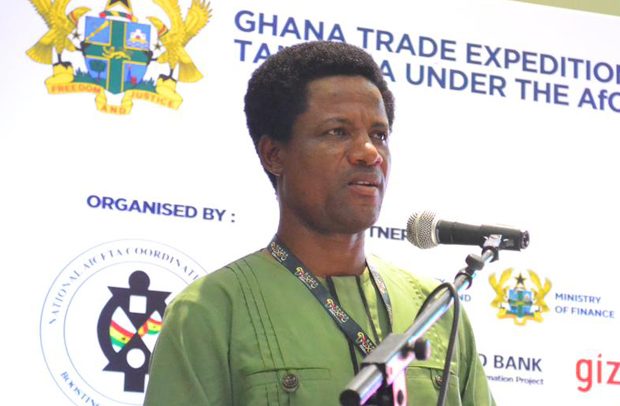
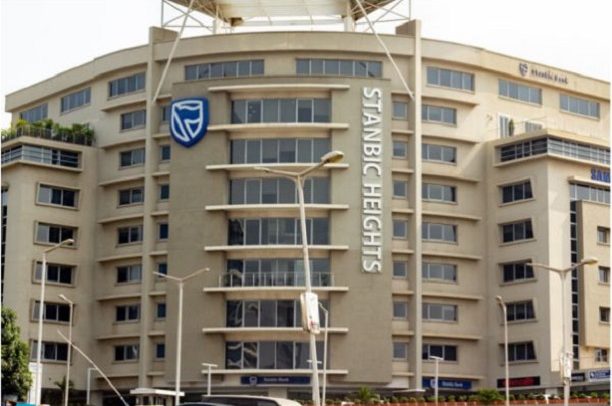
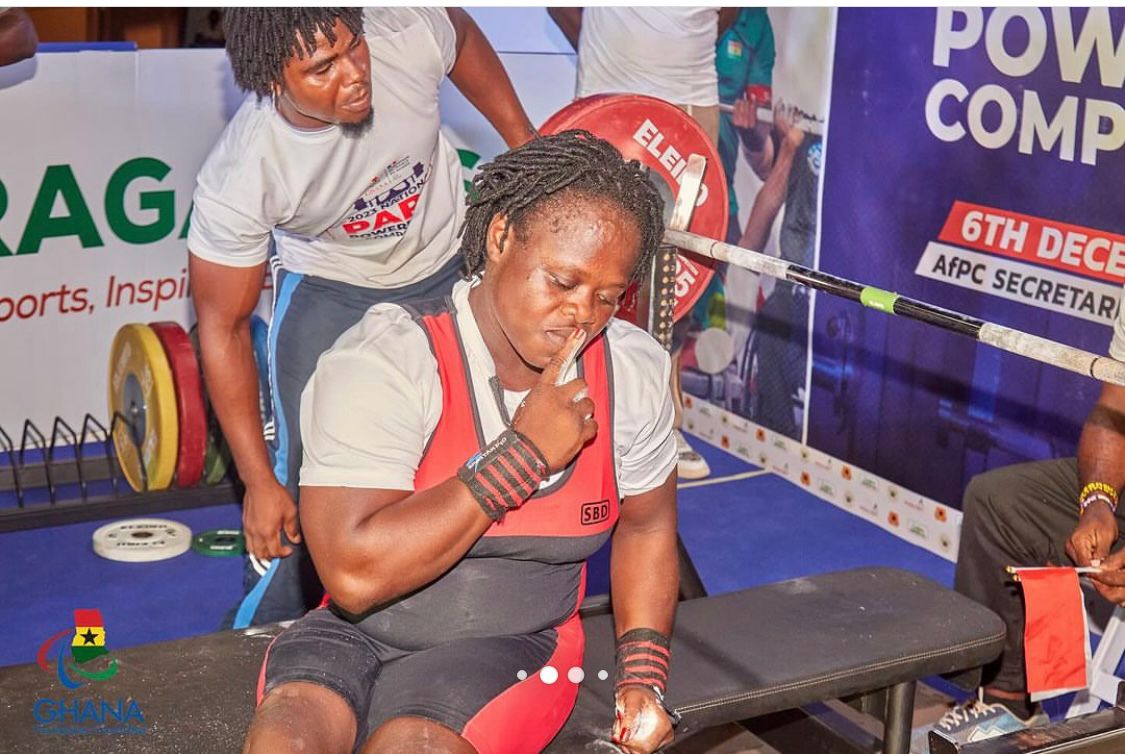
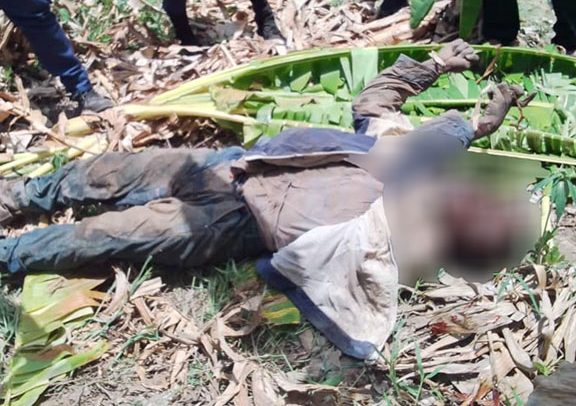
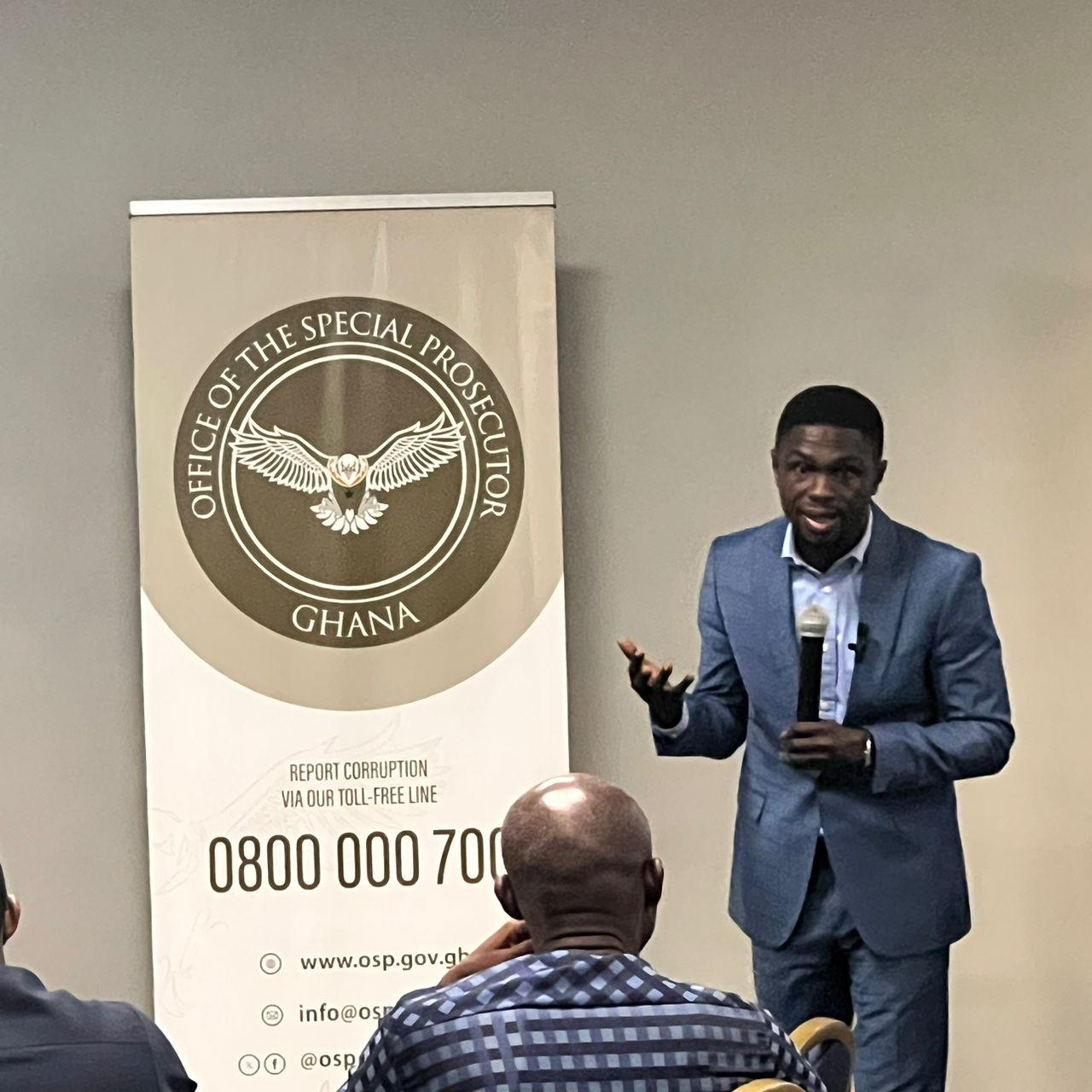
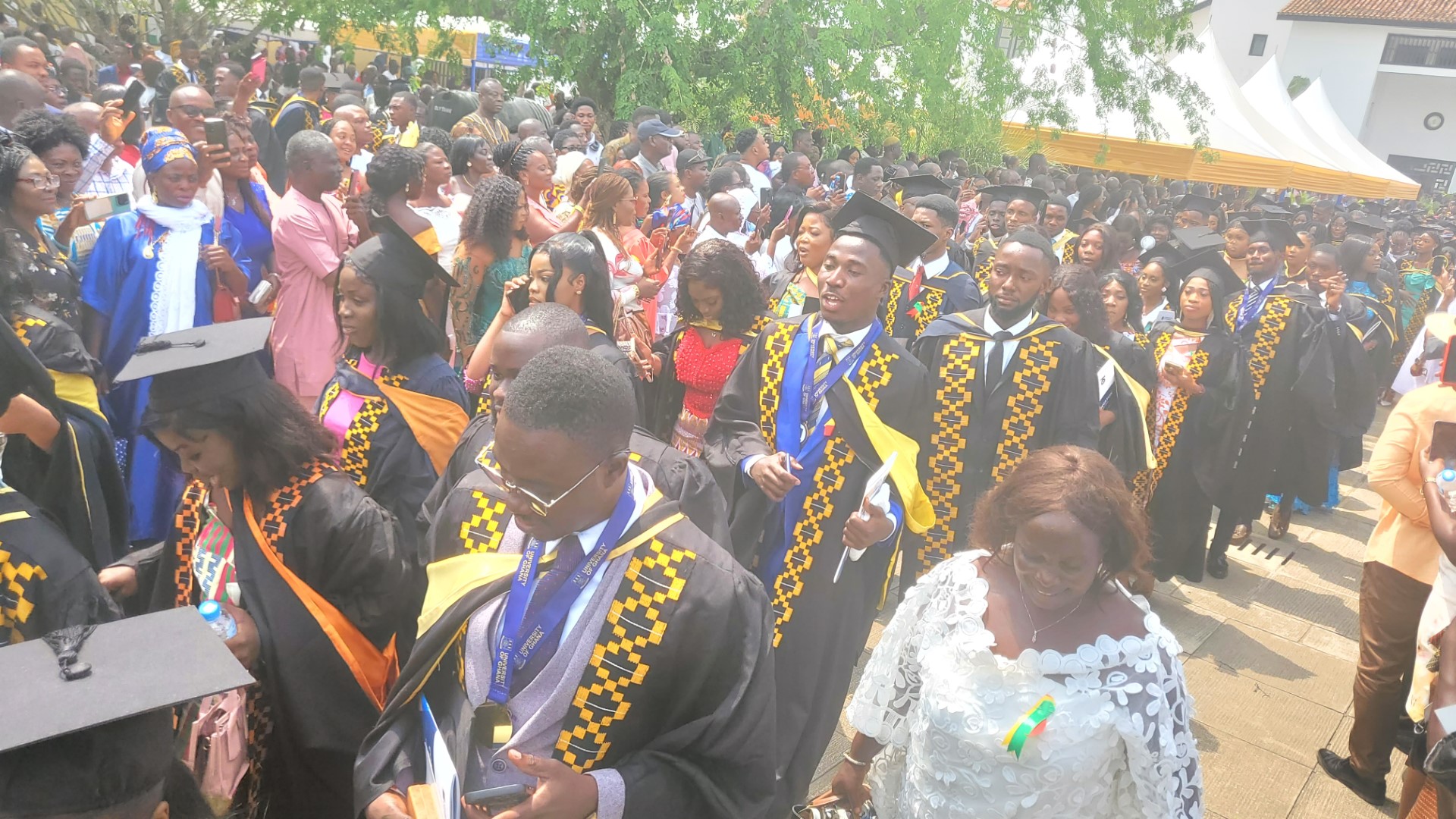
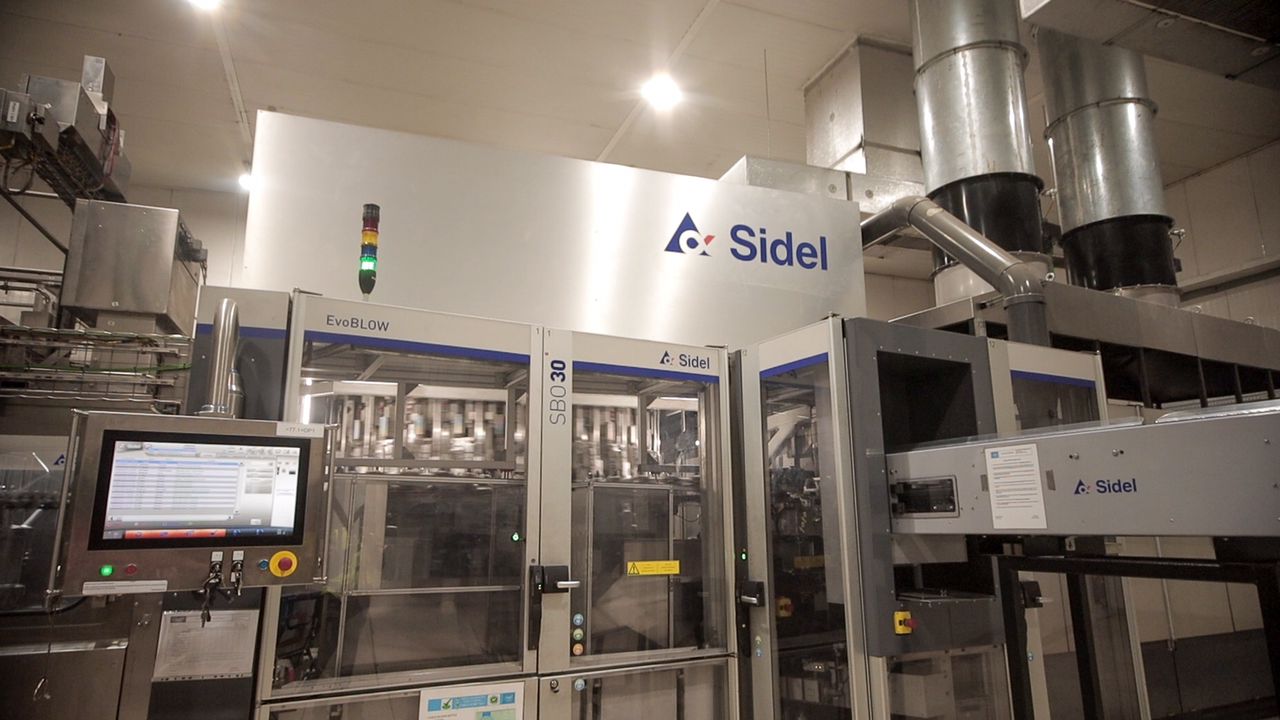







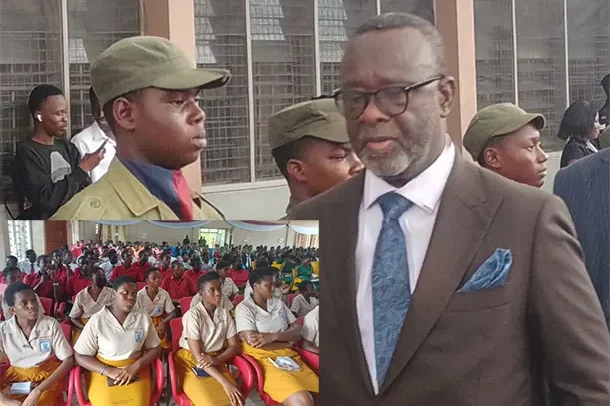
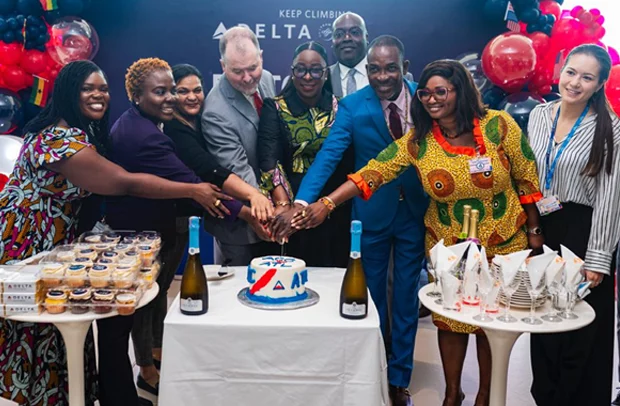
Facebook
Twitter
Pinterest
Instagram
Google+
YouTube
LinkedIn
RSS